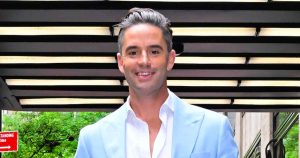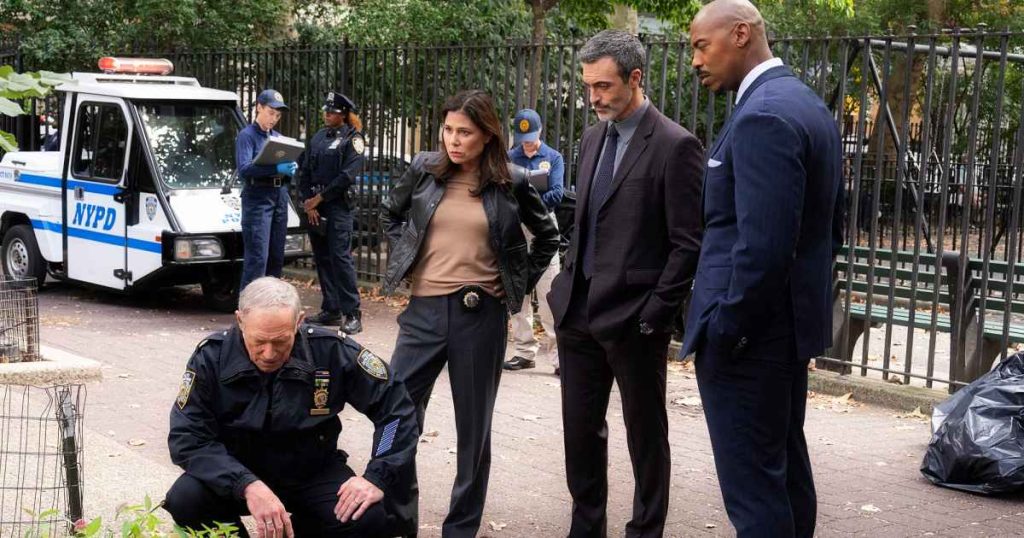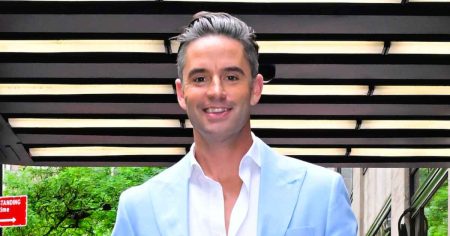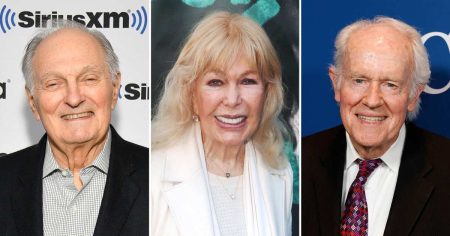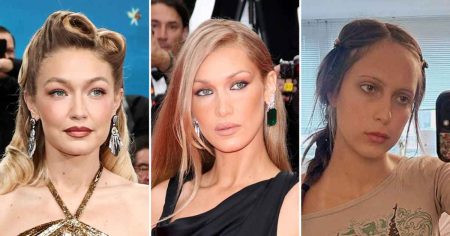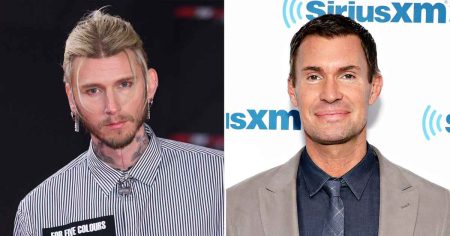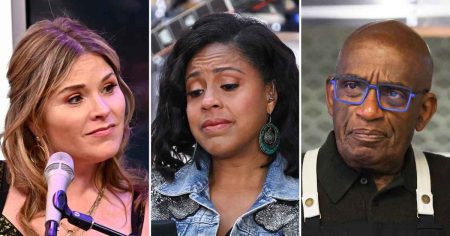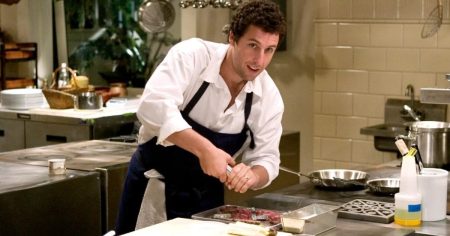Playing a corpse on television, particularly in crime dramas like Law & Order: SVU, may seem like a simple task, but it requires a surprising degree of skill and control. While it might appear to be a passive role, effectively portraying a lifeless body involves suppressing natural bodily functions like breathing, blinking, and even the pulsing of veins, especially during close-up shots. This specialized acting niche has even given rise to “cadaver kings,” actors who specialize in playing dead and are highly sought after for these roles. These professionals have developed techniques to manage their bodily functions, often timing their breaths to coincide with moments when the camera’s focus is elsewhere, such as during another character’s dialogue. This careful orchestration ensures a convincing portrayal of death, avoiding any inadvertent movements that could break the illusion.
The appeal of playing a corpse on popular shows like Law & Order: SVU extends beyond professional “cadaver kings” and surprisingly encompasses a wide range of celebrities. Mariska Hargitay, the show’s long-time lead, has revealed a peculiar phenomenon: many famous individuals express a strong desire to guest star on the show specifically as a dead body. This seemingly morbid ambition might appear counterintuitive, given that actors typically seek roles with dialogue and screen time. However, Hargitay has recounted numerous instances where A-list celebrities, including supermodels and late-night talk show hosts, have specifically requested to appear as corpses, often declining opportunities for more substantial roles. This unusual preference suggests a unique allure to playing a deceased character, perhaps driven by the novelty of the experience or the association with a popular and long-running series.
The desire to play a corpse on Law & Order: SVU has become a recurring theme, with anecdotes from both Hargitay and talk show host Seth Meyers shedding light on this peculiar trend. Meyers himself admitted to requesting a corpse role during the 2007-2008 writers’ strike, expressing a specific desire to be a “dead person in the park.” His request, however, was initially met with confusion and attempts to offer him a speaking role, highlighting the unexpected nature of his desire. Similarly, Hargitay recounted an incident involving a famous supermodel who, despite being offered a more significant part, insisted on playing a corpse. These anecdotes underscore the unexpected popularity of playing dead on the show, suggesting that the appeal goes beyond simply being part of the production.
The reasons behind celebrities’ fascination with playing corpses remain somewhat enigmatic, prompting speculation and amusement. Hargitay jokingly questioned why famous people seem averse to lines, highlighting the irony of established actors seeking roles devoid of dialogue. Several possible explanations have been proposed, including the novelty of the experience, the minimal time commitment required, and the bragging rights associated with appearing on a popular show, even in a non-speaking role. For some, it could simply be a fun and unusual way to be involved in a series they admire. The phenomenon also speaks to the enduring popularity of Law & Order: SVU, attracting even those seeking the most unconventional of guest appearances.
The process of playing a corpse, while seemingly straightforward, requires more than just lying still. Actors must maintain control over their bodies for extended periods, often in uncomfortable positions and under bright lights. This can involve holding one’s breath, suppressing the urge to blink, and even controlling subtle muscle twitches. The challenges are amplified during close-up shots, where even the slightest movement can be noticeable. For professional “cadaver kings,” these skills are honed through practice and experience, allowing them to convincingly portray the stillness of death. For those less experienced, the task can be unexpectedly demanding, requiring considerable focus and physical discipline.
The recurring desire among celebrities to play corpses on Law & Order: SVU, while seemingly peculiar, reveals a unique perspective on acting and fame. It highlights the allure of being part of a popular production, even in a seemingly insignificant role. The anecdotes shared by Hargitay and Meyers provide a humorous glimpse into the behind-the-scenes world of television, showcasing the unexpected requests and aspirations of those in the entertainment industry. The phenomenon also underscores the enduring power of Law & Order: SVU, attracting a diverse range of individuals, even those seeking the most unconventional of roles. Ultimately, the desire to play dead on television, while seemingly morbid, speaks to the human fascination with performance and the enduring appeal of being part of a cultural phenomenon.
